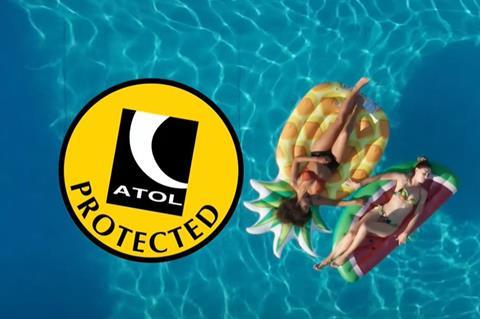Last year alone, more than 29 million holidaymakers were protected which is expected to grow to almost 32 million in 2024.
Group Leisure & Travel’s editor Keeley Rodgers and publisher Rob Yandell attended an event at the House of Commons, London, to celebrate 50 years of the scheme.
Organised by the Civil Aviation Authority (CAA), which runs the ATOL scheme, the event heard from the Speaker of the House of Commons Sir Lindsay Hoyle who told guests that since the year 2000, ATOL has repatriated around 242,000 holidaymakers who were overseas at the time their tour operator went out of business.

There were also presentations from Sir Stephen Hillier (the chair of the Civil Aviation Authority) and the Aviation Minister Anthony Browne who said that an update on a reform of the scheme would be provided later this year.
ATOL’s biggest repatriation was when Thomas Cook collapsed which saw more than 140,000 passengers brought back to the UK within 14 days and 94 per cent flown back on their original departure date.
What is the ATOL scheme?
Introduced in 1973, the ATOL scheme (which stands for Air Travel Organisers’ Licensing) is financial protection that protects you when you book a package trip that includes a flight. It is separate to travel insurance.
If your travel company stops trading when you are abroad, the scheme, administered by the CAA, helps you to continue your trip by:
- Assisting you to stay in your holiday accommodation, if possible
- Reimbursing you for any money you spent to replace ATOL protected parts of your trip, e.g car hire, transfers
- Arranging flights home, depending on the circumstances.
ATOL protection covers you before and during your trip. When you purchase a trip that is ATOL protected, you will receive an ATOL Certificate.










